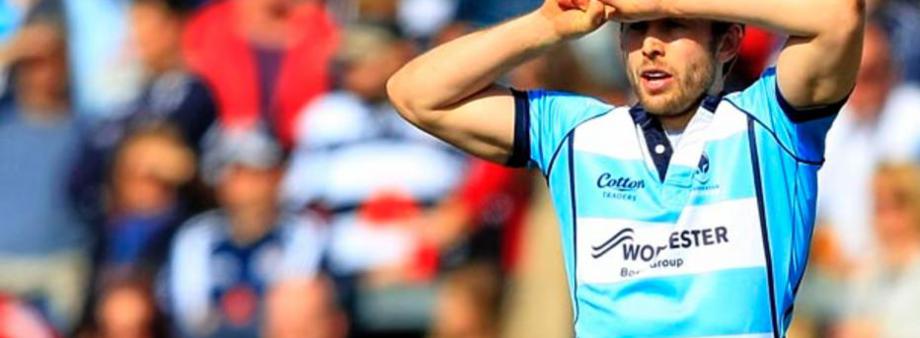
Diving
Diving
and diabetes are potentially very risky, as cooling underwater and
pressure both may mask the symptoms of hypoglycaemia. Clearly,
hypoglycaemia deep underwater is potentially life threatening. For diet
and tablet treated people, eating prior to the dive and omitting oral
hypoglycaemia agents for the length of action of those tablets (usually
12 hours) prior to the dive is all that is required. However for
insulin treated people, things are more complicated. How do you
recognize a hypo underwater? Also, how do you deal with a hypo
underwater quickly?
We have changed our stance on this one, we felt that that diving was not safe for insulin treated people, and is a sport too-far. But Dr Edge tells me that an 11 year survey of T1 diabetic divers has not demonstrated any serious outcomes, and that the only deaths were in people with tablet treated T2 diabetes who are likely to have had cardiovasular disease. For those of you who want to dive we give the BSAC guidelines.
We have changed our stance on this one, we felt that that diving was not safe for insulin treated people, and is a sport too-far. But Dr Edge tells me that an 11 year survey of T1 diabetic divers has not demonstrated any serious outcomes, and that the only deaths were in people with tablet treated T2 diabetes who are likely to have had cardiovasular disease. For those of you who want to dive we give the BSAC guidelines.
Guidelines
The British sub-aqua club guidelines for diabetes (2003)
A
diver with diabetes mellitus may have a hypoglycaemic attack while in
the water, which may be fatal to himself or to his diving partner. The
hypoglycaemic attack may be brought on by poor control of the diabetic
condition or by an increase in physiological stress due to exercise,
cold, etc.
The BSAC Medical Committee has decided that diabetics
may be allowed to dive provided that they are able to pass the standard
BSAC medical examination and in addition, satisfy the following
criteria:
1. The diabetic has not experienced any hypoglycaemic attack within the last year.
2. The diabetic has not been hospitalised for any reason connected with diabetes in the last year.
3.
The physician in charge of the diabetic at the diabetic clinic must
consider the level of control to be satisfactory. This implies that the
long-term control of the diabetic condition must be good. A guide to
this may be obtained from the HbA or fructosamine level. The physician
must also be able to state that he/she considers the potential diabetic
diver to be mentally and physically fit to undertake the sport of
diving.
4. There must be no microalbuminuria present. Any degree
of retinopathy beyond background retinopathy is not allowed. There must
be no evidence of neuropathy (sensory, motor or automatic), nor of
vascular or microvascular disease beyond the background retinopathy in
the eye.
The potential diabetic diver
should obtain forms A and B from BSAC HQ, together with a leaflet which
should be given to the BSAC Branch Diving Officer on successful
completion of the medical. Form A must be filled in by the diver on an
annual basis. Form B should be filled in by the physician in charge of
the diabetic diver and this too, must be done annually. A copy of both
forms should be made and returned to Dr C.J. Edge, The Stone Barn,
Gravel Lane, Drayton, Abingdon, Oxon OX14 4HY. The physician performing
the BSAC medical examination should be satisfied that the diver has a
good knowledge of the risks being undertaken when diving, which are due
to the diver’s diabetic condition.

